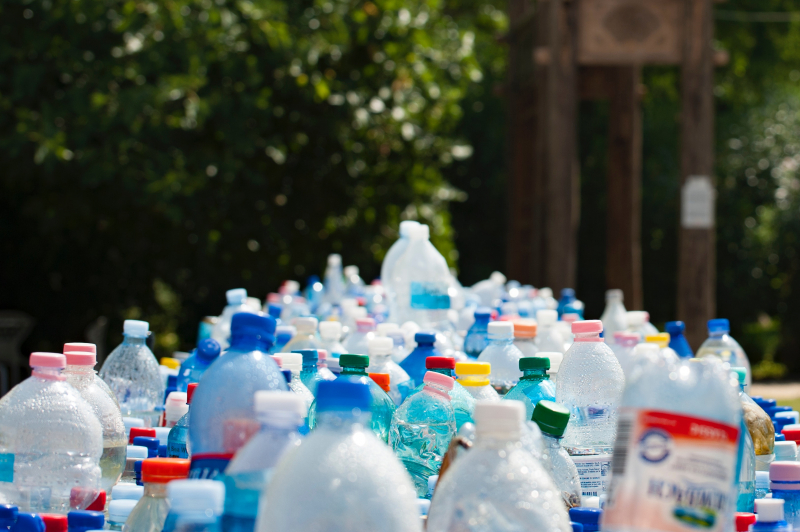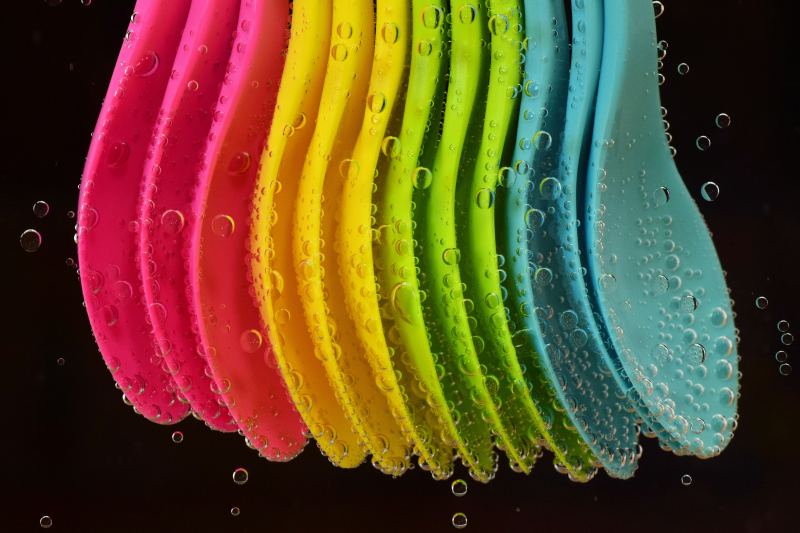Plastic-Eating Bacteria
A Seabin can lessen but not eliminate waste in the water. Furthermore, there is still a lot of plastic trash on land. What then can we do to address the pollution problem? In particular, microbes that have been modified to digest plastic may hold the answer.
Japanese researchers made the initial discovery of bacteria that had independently evolved to consume plastic back in 2016. Others have since been found in various locations all over the world. It turns out that the short lifespan of most bacteria has allowed them to reproduce generation after generation and evolve to suit what we've been feeding them, despite all the garbage humans have dumped in the last century.
Since its initial discovery, researchers have investigated the enzymes these bacteria make and have identified even more potent varieties that can consume plastic at a rate six times quicker than previously observed.
Although evolution generally takes a very long time, researchers are greatly accelerating this process. Bacteria may now totally breakdown some plastics in days as opposed to the years they once needed to do so. In order to enable this enormous plastic recycling, plants are already being created and may soon start operating. In the next ten or two years, as this technology advances, what has been a problem since plastics first arrived in the 1950s and has been progressively becoming worse since then, could be significantly improved and reduced.












